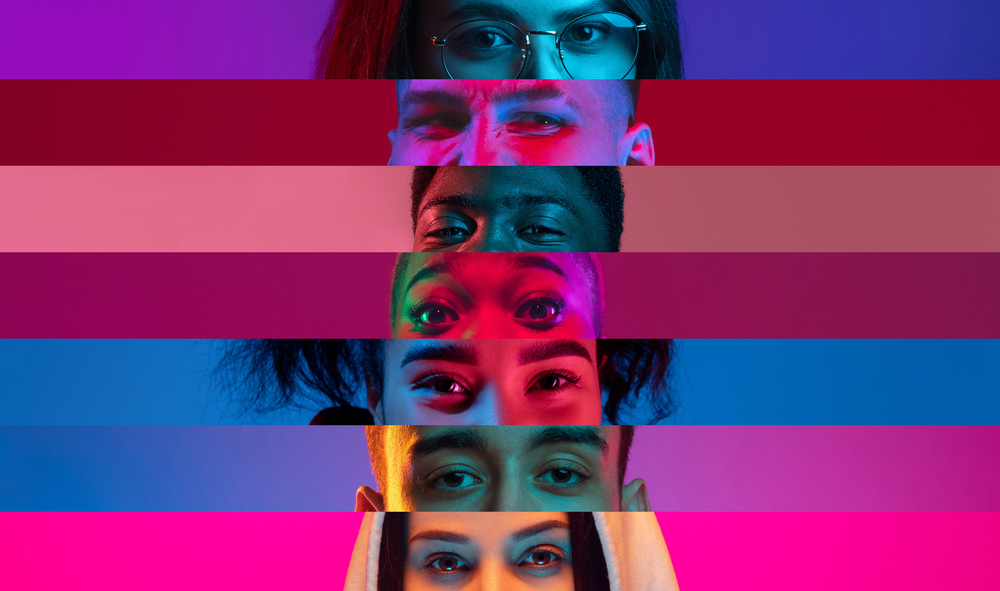A new study published in JAMA Network Open finds that LGBTQ+ individuals face disproportionately high rates of psychiatric diagnosis. The researchers link these disparities to the cumulative effects of social discrimination, political hostility, and structural harm.
Drawing on data from nearly 270,000 participants in the All of Us Research Program, the authors identify significant mental health disparities across sexual and gender minority groups.
In a moment of escalating political and cultural attacks on LGBTQ+ communities, the study offers a data-driven account of how marginalization produces emotional suffering, diagnostic labeling, and barriers to care.
As Mandi Pratt-Chapman writes in her accompanying commentary, the social context of these disparities cannot be ignored:
“Minority stress theory posits that excessive social stress drives health disparities among sexual and gender minority persons. Distal stressors, such as discriminatory laws, and proximal stressors, such as family rejection, elevate chronic stress among sexual and gender minority people. Structural bias, including pathologization of sexual and gender minority groups, social erasure and isolation, school bullying, health care denial, hate crimes, and other social and political determinants of health lead to heightened chronic stress for sexual and gender minority people, a proven cause of poorer physical and mental health.”
The study, authored by J.A. Lu and colleagues, uses a cross-sectional design to assess electronic health records and self-reported data from 2017 to 2022. Of the 269,947 participants analyzed, 8.9% (22,189) identified as sexual and gender minorities. Researchers compared this group to cisgender, heterosexual participants across ten commonly assigned psychiatric diagnoses: anxiety, attention-deficit/hyperactivity disorder (ADHD), autism spectrum disorder (ASD), bipolar disorder, eating disorders, depression, obsessive-compulsive disorder (OCD), personality disorders, post-traumatic stress disorder (PTSD), and schizophrenia.
They found that LGBTQ+ participants were more likely to receive diagnoses of PTSD, depression, ADHD, bipolar disorder, and personality disorders. Gay cisgender men showed higher rates of bipolar diagnosis, while lesbian, bisexual, and queer women were found to be at elevated risk for nearly all diagnoses studied. Transgender and gender non-conforming individuals had the highest rates overall. For instance, gender non-conforming people assigned female at birth were most likely to receive PTSD diagnoses, and those assigned male at birth were more frequently diagnosed with ADHD and bipolar disorder. Transgender men were disproportionately diagnosed with depression, and transgender women with personality disorders.
The authors emphasize the role of social determinants in driving these disparities:
“Based on the body of research documenting the adverse impacts of minority stress on sexual and gender minority individuals, driven by organizational, cultural, and societal stigma and discrimination, it is likely that these factors underlie the marked mental health disparities we observed… These factors not only affect mental health directly by increasing stress and dysregulating neuroendocrine functions but also compromise immune responses, heightening the risk of mental health issues over time.”














Not buying this.
Report comment
“They found that LGBTQ+ participants were more likely to receive diagnoses of PTSD, depression, ADHD, bipolar disorder, and personality disorders etc.”
What an extraordinary coincidence!
Report comment